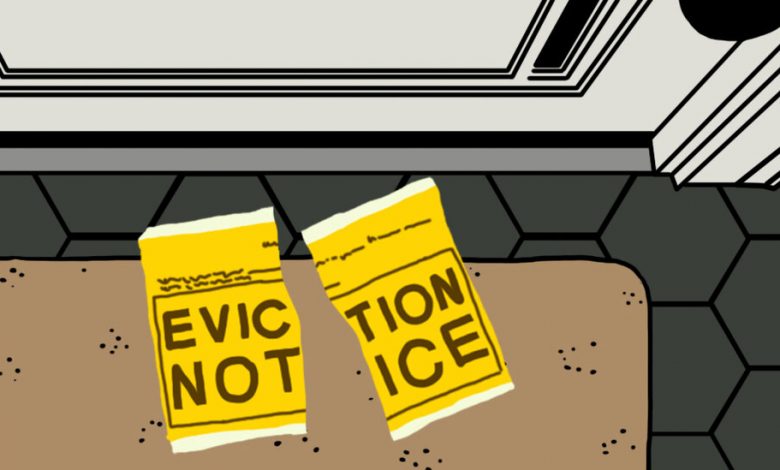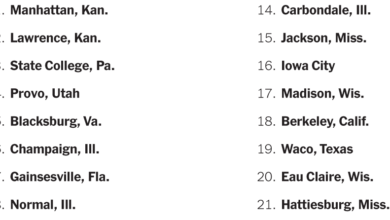What Is ‘Good Cause Eviction,’ and What Does It Mean for Renters?

[ad_1]
New York renters are feeling the squeeze, with rents in Manhattan up 32 percent in April from the same time a year ago, according to a report, and housing courts busy as evictions resume after a pandemic moratorium. Some renters are wondering: Is there any relief? Tenant advocates say yes, pointing to a bill introduced last year in the New York State Legislature called Prohibition of Eviction Without Good Cause. But what is “good cause eviction,” and what would it mean for renters and landlords if the bill, as it stands now, becomes law?
What Is Good Cause Eviction?
Under current law, landlords are not required to offer new leases to market-rate tenants. Good cause eviction would require them to offer new leases, though tenants could still be evicted for lease violations, like failure to pay rent or for other infractions.
Good cause eviction “gives you confidence that you can raise kids” in your apartment, said Judith Goldiner, a Legal Aid Society lawyer who helped write the legislation. “You don’t have to worry about being evicted.”
Similar laws already exist in New Jersey, California and Oregon, as well as in several New York municipalities including Albany, Beacon, Kingston, Newburgh and Poughkeepsie.
It’s Also a Rent-Control Proposal
In the bill sponsored by New York State Senator Julia Salazar, rent increases would be capped at 3 percent or 1.5 times the annual percent change in the Consumer Price Index, whichever is higher. So, if your rent is $2,000 a month, it could go up this year by as much as 12.5 percent, or $250. But the bill also gives landlords room for even bigger increases if they show that their costs have gone up or that they’ve made improvements.
Who Would Be Covered?
This bill expands protections for tenants, covering essentially all renters in unregulated housing, with a few exceptions, such as owner-occupied buildings with fewer than four units. The Community Service Society estimates that the bill would affect 1.6 million households statewide — about half of all renters.
Tenants would be covered if they rent apartments in market-rate high-rises, are on month-to-month rental agreements, rent condos or co-op units from private owners, rent single-family homes or sublet apartments from other tenants.
Renters covered by the bill could still lose their apartments if property owners reclaim the space for personal use.
What Are Landlords Saying?
Landlords and their advocates worry that the bill, as it currently stands, may lead to more housing court cases as tenants challenge rent increases, and that it casts a net so wide that it would affect property owners who might not consider themselves landlords in a traditional sense, like owners of single-family homes, tenants who sublet, and co-op and condo owners who rent out their apartments.
Ann Korchak, the board president of Small Property Owners of New York, a landlord advocacy group with roughly 600 members, said she was concerned that the legislation would prohibit landlords from emptying their properties to sell or take back simply because they no longer wanted to rent them out. “It seems near impossible for owners to reclaim their properties,” she said.
Ms. Korchak, whose family owns two brownstones on the Upper West Side, also expressed concerns about capping rent increases in an inflationary environment. “It’s just not realistic to think that the rising costs on the owner’s side are not going to be passed on to” tenants, she said. “That’s the way the economy works.”
For weekly email updates on residential real estate news, sign up here. Follow us on Twitter: @nytrealestate.
[ad_2]
Source link






